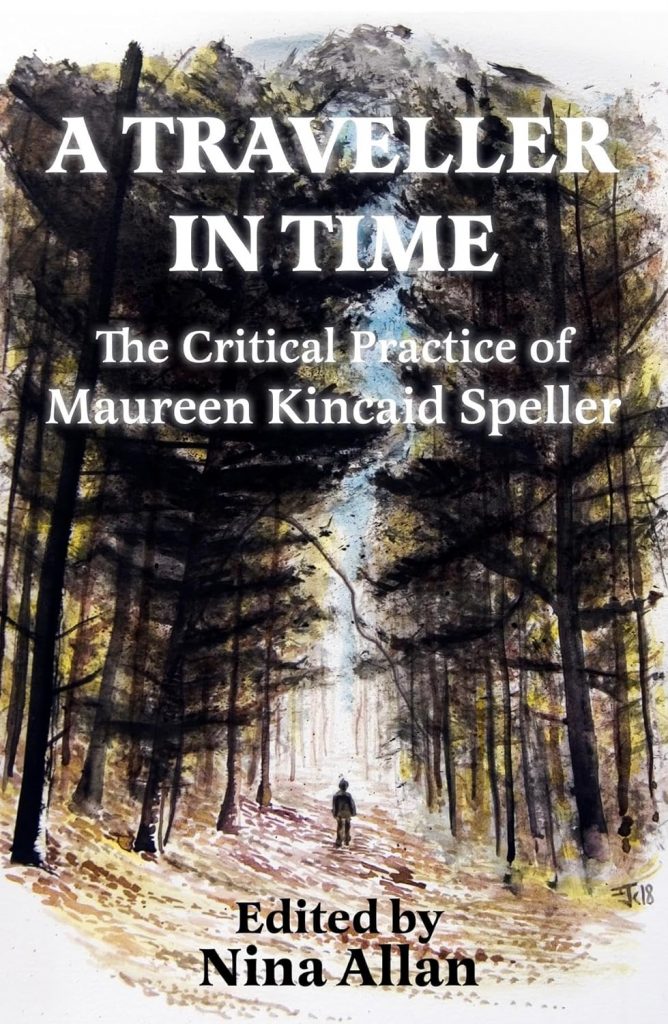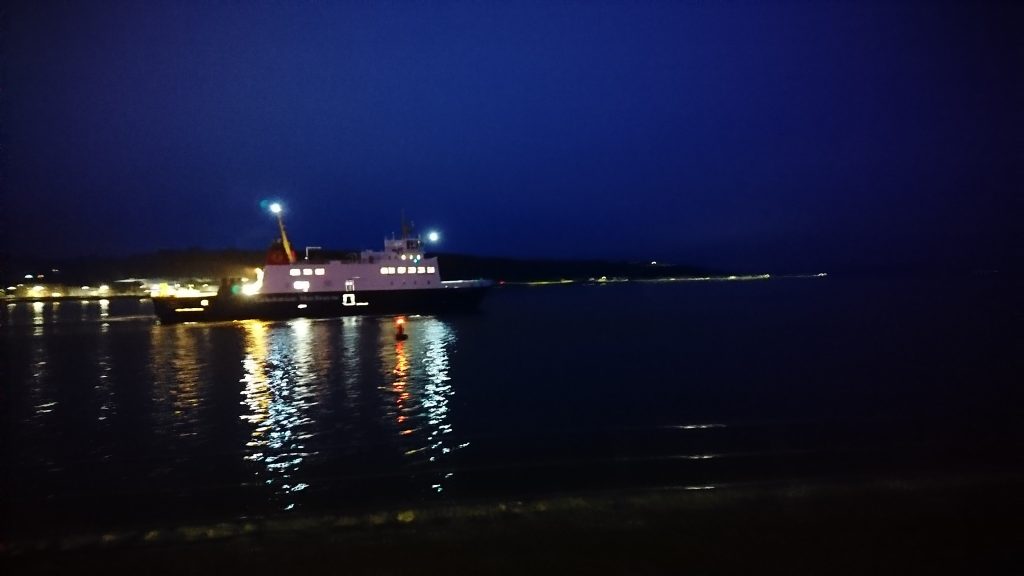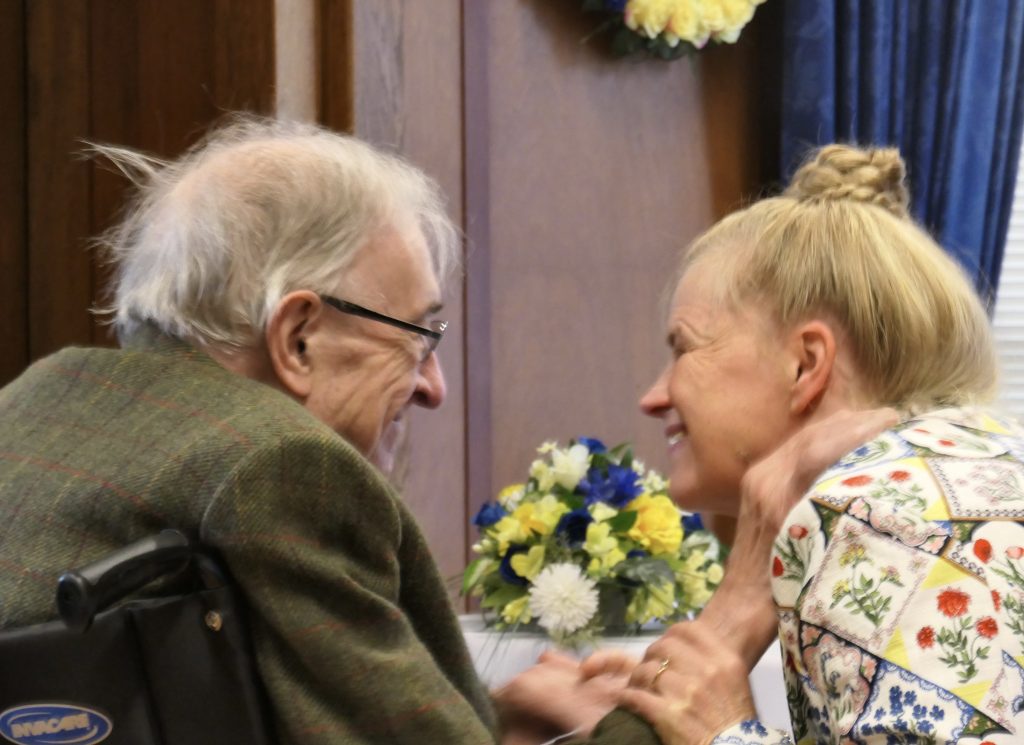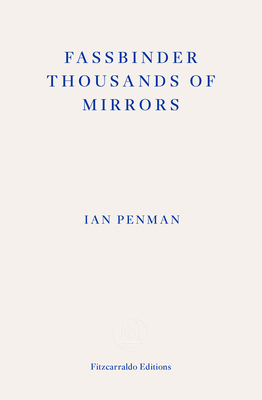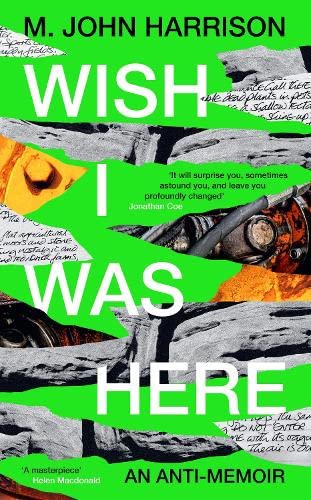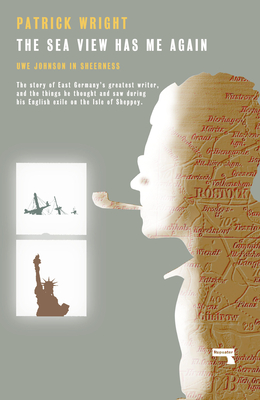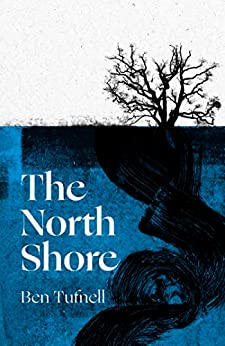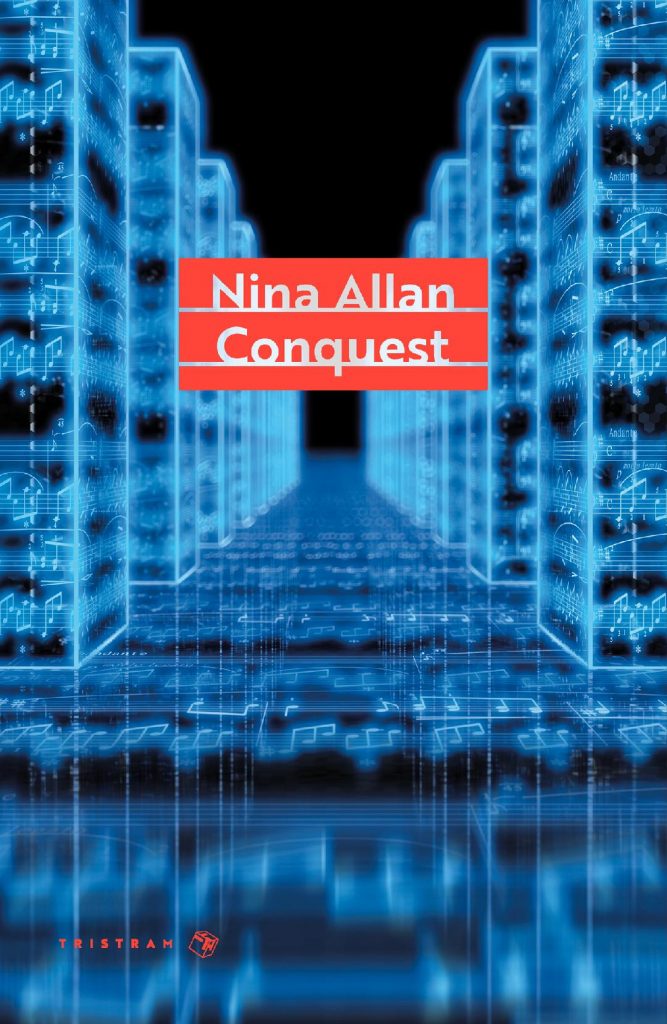2023 has been, more than any other I can remember, a year of two halves: the first productive, forward-looking, full of excitement over new projects; the second blackly surreal with Chris’s cancer diagnosis and the gradually encroaching impacts of the disease.
I want to say first that Chris’s resilience, fighting spirit and wickedly subversive sense of humour have been in evidence throughout. He is a rare individual, a deep thinker, a very brave man.
I want to say also that books have proved if anything even more important to us this year than they have always been: reading them, writing them, talking and thinking about them. One of the hardest things to bear has been Chris’s increasing inability to find refuge in books, not through lack of desire but through simple tiredness.
Hearing him read aloud the opening pages of The War of the Worlds for a French documentary film segment back in November is a memory that will remain with me for a long time to come.
The ten books I read in 2023 that have meant the most to me are:
In Cold Blood, by Truman Capote. One from the first half of the year, and mind-bendingly good. So well made the joins are flawless. For anyone interested in true crime, whether as reader or as writer, this remains the gold standard.
In Ascension by Martin MacInnes. I’ve followed MacInnes’s work from the beginning and for me he is one of the most interesting and important younger British writers working today. In Ascension – humane, provocative and radiantly beautiful – is a book everyone should read.
The Last Supper: a summer in Italy by Rachel Cusk. As a woman writing, Cusk has always been fearless in putting her intellect on the page and for this alone she is a hero to me. This book is about everything – art, time, mortality, belonging – and the kind you could reread every year and gain something new. Her forthcoming novel Parade is one of my most anticipated publications of 2024.
Wish I Was Here by M. John Harrison. The writer’s anti-Bible. There is nothing about this unique exploration of memory, autobiography, place and the fantastic that I do not love.
The Lost Child by Julie Myerson. This is the first book in a long time that I have just sat down and read, cover to cover, when I’ve not been on a train. Like Cusk, Myerson is a writer who has often found herself reaping the whirlwind simply for being a woman who examines her own experience with an unflinching eye. Her pursuit of the forgotten watercolourist Mary Yelloly is every bit as compelling as her account of her son Jake’s cannabis addiction, which is precisely what makes The Lost Child a masterclass in autofiction.
The Shards by Bret Easton Ellis. Even though the overblown dramatics of its final section annoy me, I still count this book among my most enjoyed of 2023 as it combines those two rare qualities: propulsive readability with effortlessly beautiful sentences. Can I call this a crime romp? Yes I can.
Babysitter by Joyce Carol Oates. The opposite of a crime romp – Babysitter is too dark and tense for that – this is nonetheless another Oates classic, garnering way too little attention at the time of publication. Dreamlike, nightmarish, a fascinatingly original treatment of true crime themes.
Possession by A. S. Byatt. I am so glad I decided to finally catch up with this one. A beautifully wrought novel, everything a Booker winner should be and worthy of its literary godfather Umberto Eco. The poems alone are a significant achievement. So typical of the industry that the editor initially implored Byatt to cut them out.
Fassbinder Thousands of Mirrors by Ian Penman. I thank God for this book. It reminds me of who I am and what I want to do.
Shakespeare Was a Woman and Other Heresies by Elizabeth Winkler. Forget all the other conspiracy theory books – if you want to get under the skin of cognitive dissonance, go and read this one. Superbly researched and articulated, this exploration of author identity and why – in defiance of Barthes – it does actually matter is as entertaining as it is important.
Wishing everyone a fruitful and spiritually prosperous 2024. May it be a more peaceful space to inhabit than 2023.


